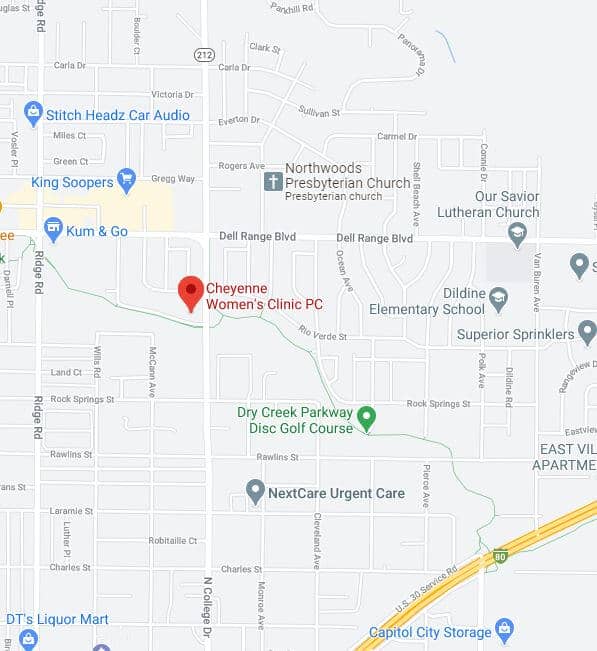Why Do Miscarriages Occur?
The majority of miscarriages occur because the fetus randomly ended up with an abnormal number of chromosomes during fertilization. An abnormality like this prevents the fetus from developing normally. A mother’s normal activities, such as working, exercising, having sex, having taken birth control pills before getting pregnant, or having morning sickness won’t cause a miscarriage. In most cases, even a fall or injury won’t cause one, either.
Smoking, drinking alcohol, and consuming caffeine have all been studied as potential risks for miscarriage. Because the research isn’t clear on the answers, the best advice for women who are pregnant or want to get pregnant is to avoid them.
But miscarriage does become more common as you get older. Early pregnancy loss occurs in more than a third of pregnancies in women who are older than 40.
Signs of Miscarriage
The most common symptoms of a miscarriage are bleeding and cramping. Small amounts of bleeding and some cramping can be normal signs of pregnancy. But if you experience these symptoms, go ahead and contact your doctor.
Bleeding and cramping could be symptoms of other pregnancy complications, such as ectopic pregnancy where a fertilized egg begins to grow in a place other than the uterus. He or she will ask you some questions about what you’re experiencing to help determine if you should come in for an appointment to rule out miscarriage or other pregnancy problem.
If your doctor asks you to come in, you may have a physical exam, an ultrasound exam, and/or a blood test, or a combination of these, to help determine whether you had a miscarriage or not.
If you did have a miscarriage, your doctor will talk to you about different options to ensure all the pregnancy tissue is eliminated from your uterus to guard against infection. He or she can also guide you toward resources to help you and your partner with your emotional loss as well.
Getting Pregnant Again
A miscarriage is usually a one-time event. It’s possible for a woman to ovulate two weeks as soon as two weeks after a pregnancy loss and become pregnant again. If you want to become pregnant again, there is no medical reason for you to wait before you start trying again. You may want to wait until after you have had a period, however, to make tracking ovulation easier.
If you decide to wait, you can use any birth control method, including having an IUD inserted.
The Chance of Having Another Miscarriage
A small number of women, about one in 100, will have repeated miscarriages. After the third one, we recommend a thorough exam and testing to try and determine the cause. This will help us recommend the best treatment or approach to help you have a successful pregnancy. In many cases of repeated miscarriages, no cause is found. The majority of these women go on to have healthy babies.
If you are thinking about getting pregnant and are concerned about miscarriage, especially if you’re over 40 when your risk becomes higher, schedule an appointment to come talk to your doctor. We can help you get started with healthy habits that are best for you and your baby during pregnancy and beyond.




